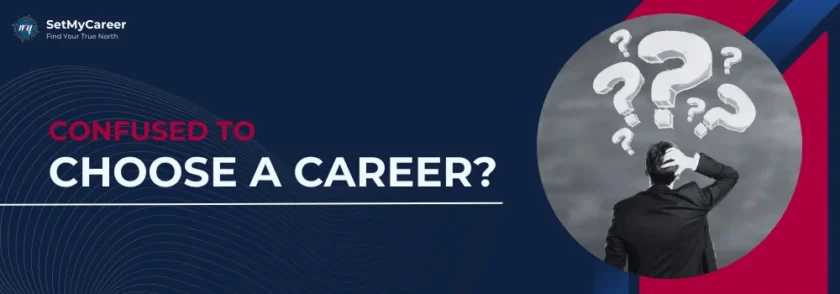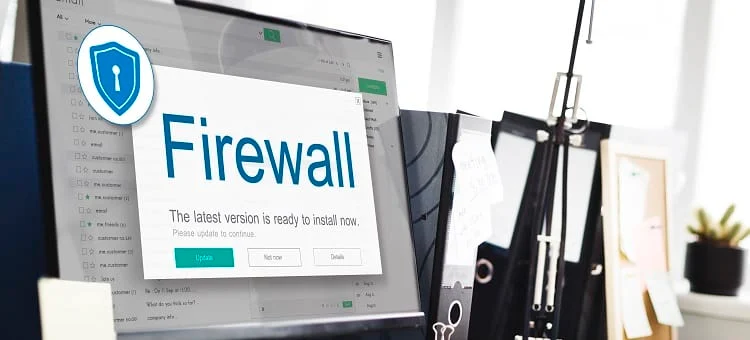How to Get Started with Coding in Python
Python is one of the easiest and most powerful programming languages to learn. It’s used for web development, data science, automation, artificial intelligence, and more. If you’re a beginner, here’s a step-by-step guide to getting started with Python coding.
1. Install Python
✅ Download and Install:
- Go to the official Python website: python.org
- Download the latest version of Python for your operating system (Windows, macOS, or Linux).
- Install it and ensure you check the box “Add Python to PATH” during installation.
💡 Tip: To verify installation, open your terminal or command prompt and type:
2. Set Up a Code Editor
You need a good editor to write and run Python code. Here are some options:
✔ IDLE (Comes with Python) – Best for beginners.
✔ VS Code – A popular editor with Python extensions.
✔ PyCharm – Great for professional development.
✔ Jupyter Notebook – Best for data science and learning.
💡 Tip: Install VS Code and the Python extension for better coding experience.
3. Write Your First Python Program
Open your code editor and type the following:
Save the file as hello.py, then run it in the terminal:
You should see:
💡 Tip: This is your first Python script! 🎉
4. Learn Python Basics
Here are key Python concepts to start with:
✅ Variables and Data Types:
✅ Control Structures (if-else):
✅ Loops (for and while):
✅ Functions:
5. Work on Small Projects
To practice, try simple projects like:
✔ A calculator
✔ A to-do list app
✔ A number guessing game
✔ A basic web scraper
💡 Tip: Small projects will help reinforce what you learn.
6. Learn Python Libraries
Python has powerful libraries for different tasks:
🔹 Web Development: Django, Flask
🔹 Data Science: Pandas, NumPy, Matplotlib
🔹 Automation: Selenium, BeautifulSoup
🔹 Machine Learning: TensorFlow, Scikit-Learn
💡 Tip: Start with Pandas and Flask if you want to explore data science and web development.
7. Join the Python Community
💬 Where to Learn and Get Help:
- Python Docs – Official documentation
- Real Python – Tutorials and guides
- Stack Overflow – Ask programming questions
- GitHub – Explore open-source projects
Final Thoughts
Python is beginner-friendly and powerful for advanced applications. Start small, practice daily, and build projects to improve your skills. 🚀






